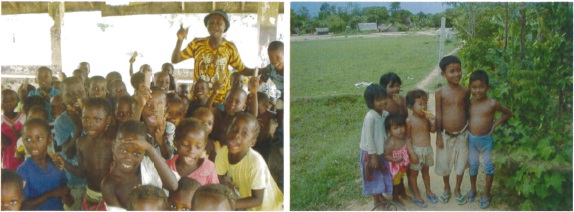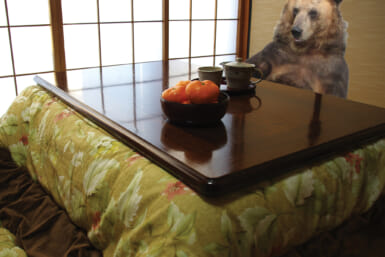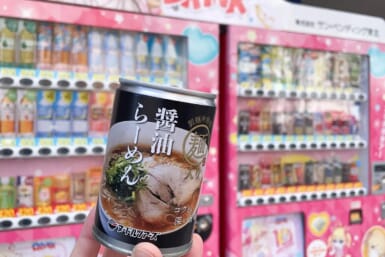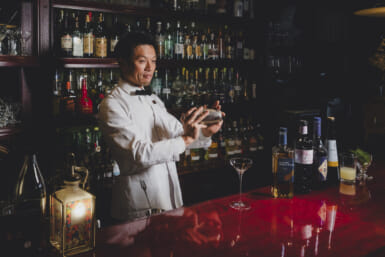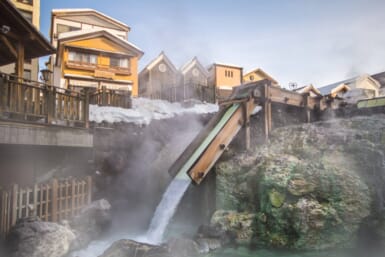by Emily Downey
Imagine this horrifying scenario. It is morning, you are home with your children, your husband has just left for work and there is a loud knock on your door. You tentatively open the door to find a man shouting at you. “You have ten minutes to leave your house,” he orders. You can’t take your credit cards, cash, car, or any luggage. In order to have any chance of survival, you must travel 600 miles on foot to a place where thousands, just like you, will be gathered. The threat of the man’s gun, and the sound of gunfire in the air makes you realize the seriousness of this situation. Most of you reading this article are highly educated, resourceful, and are used to success in all areas of your lives. Even with all these things going for you, ask yourself, how long would you survive?
Albert Einstein, Sigmund Freud, the Dalai Lama,
Henry Kissinger, Nadia Comaneci have one
thing in common — they were all refugees.
Surely the above scenario is fiction, not of this world, certainly not of your world. Yet this is the situation faced by millions of women and their children, in war-ravaged and famine-facing countries, known as refugees.
Albert Einstein, Sigmund Freud, the Dalai Lama, Henry Kissinger, Nadia Comaneci (source, the United Nations website www.un.org) have one thing in common—they were all refugees. Where would the world be without these prominent people, who thankfully put a very famous face on the plight of refugees?
Jane Best Cooke, the grants supervisor of Refugees International Japan (RIJ), highlights just how real this ‘fictional’ situation is. On her dozens of trips to regions such as Darfur, Tanzania, Myanmar and Rwanda she recounts to me random, horrifying scenarios that she has witnessed. “In these war ravaged countries, the men are either killed or sent away to fight. Masses of women and children are left behind to fend for themselves.” How does one fend for oneself when all limited water and food supplies are cut off? How does a mother comfort her thirsty, hungry, crying child? One can only imagine what happens to these women as they are forced to travel huge distances to reach safety. Jane knows only too well the fate of women in this situation. What she has seen motivates her to work tirelessly to help change the lives of these people for the better.
Refugees International Japan exists solely to help men, women and children in scenarios similar to the above. Monica Gillett, RIJ’s president, says that Refugees International Japan is unique in that it is run entirely by volunteers, is non-governmental, non-profit, non-denominational and ensures that a massive 95 percent or more of all funds go straight to projects directly involved with refugees. Over 2,000 people recently attended the RIJ event ‘Art of Dining’ exhibition in Ebisu where a huge ¥8,718,000 was raised.
The recent spate of awareness raising campaigns, such as the white poverty band, where allegedly little or no money is actually donated to charity, left me feeling disillusioned. I believe charities need cold, hard cash far more than just awareness. Surely by now we are all aware that most of the people on this planet are suffering severely from lack of education, water, food or housing.
It is not all bad news, however. First of all, it is very simple for you to help, and secondly, thanks to RIJ and the many other organizations working in this area, there are some happy stories.
Let me tell you a happy story. Then, I’ll tell you how it’s possible for you to help in as soon as five minutes from now.
One RIJ grant, for $3,500, bought a Tanzanian village 250 chickens. Over 100 people were trained on how to look after, raise and distribute the eggs, and one year later, by selling the eggs and raising the chicks, a profit of $12,500 was made. How many businesses in the developed world could say they made over 300 percent profit in their first year? Who knew that chickens could make so much money!
Of course, it is far more than just money; people were educated, fed, given employment and were able to regain some of their dignity after being displaced from their homes.
Finally, onto how you can help. The fastest way is to become a member of RIJ. Go to www.refugeesinternationaljapan.org and from a donation as low as ¥3,000, you will receive their biannual RIJ newsletter including project updates, reports, NGO profiles, events coverage, community activities and more. In addition, you will be making a direct and valuable contribution towards worldwide efforts to assist refugees.
In the absence of cash, some solid volunteering time by ordinary individuals like you or me is also a great help. Most of the current 28 board members contribute their time and energy to RIJ while holding down full-time jobs, eliminating the excuse that one is too busy with their day job to help the cause. RIJ really need volunteers to help with everything from management to craft sales. None of this work is full time and can be from as little as three hours a month.

